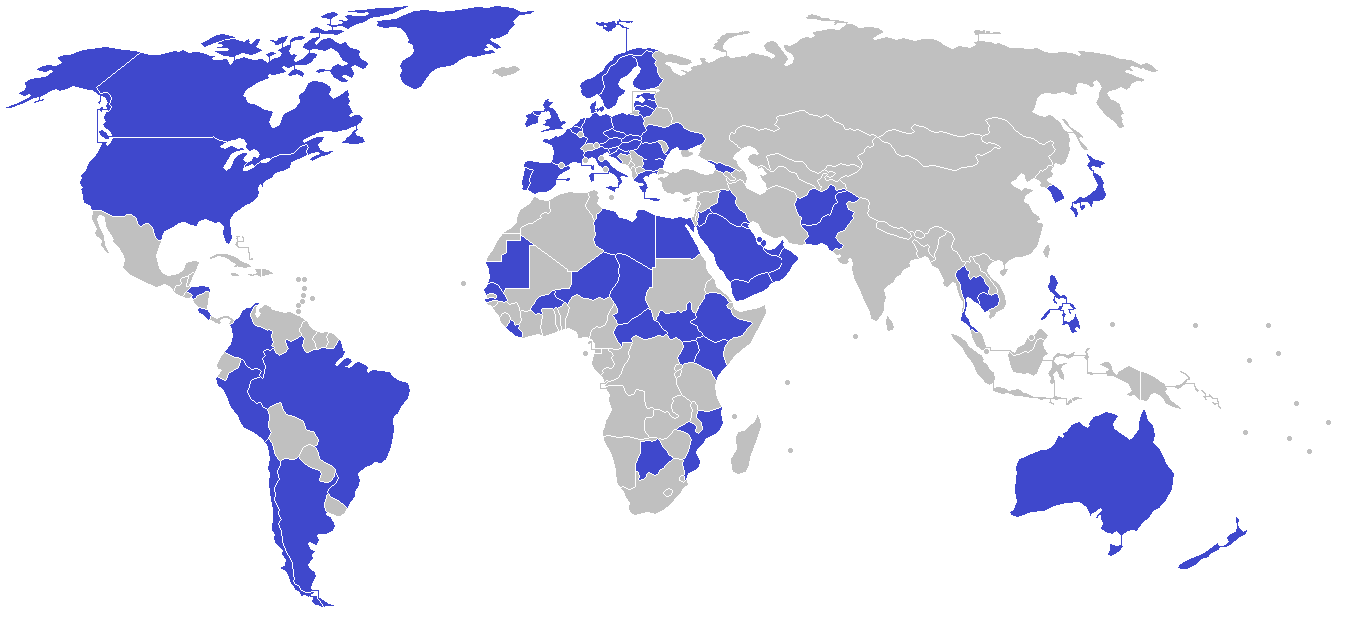Photo credit: Wikimedia Commons
Context:
A bipartisan group of top military analysts has written to Congress and the Trump administration calling for the closure of U.S. military bases overseas, claiming the move would be an important step toward making the U.S. and the world more secure.
In the News:
“This moment, after the midterm elections and before the partisan wars get fully back into gear, is the right time to take note of efforts to reach across America’s political divide. In an open letter going Thursday to Congress and the administration, a group of military analysts from across the ideological spectrum came together to argue for closing U.S. military bases overseas. Our group, which calls itself the Overseas Bases Realignment and Closure Coalition, or OBRACC, finds agreement from the right, left, and center that doing so would be an important step toward making the United States and the world safer and more prosperous.”
“The coalition is bucking quite a tide. This month, the congressionally mandated National Defense Strategy Commission called for a beefed-up U.S. military presence to be paid for by budget increases that could propel annual U.S. military past its current $700 billion a year—more than the next eight countries, most of them our allies, put together—to $1 trillion by 2024. Without this money, the commission warned, the U.S. would be required to ‘alter the expectation of U.S. defense strategy and our global strategic objectives.’”
Insight from Peace Science:
Vol. 2, Issue 6: The Effects of Military Spending on Economic Growth
- Increased military spending leads to slower economic growth.
- Military spending tends to have a negative impact on economic growth.
- Over a 20-year period, a 1% increase in military spending will decrease a country’s economic growth by 9%
. Increased military spending is especially detrimental to the economic growth of wealthier countries.
Vol. 3, Issue 1: Human Rights Implications of Foreign U.S. Military Bases
- When host countries are less relevant to U.S. security interests, the presence of U.S. troops can lead to positive human rights practices.
- When host countries are more central to U.S. security interests, respect for human rights stay the same, or even decrease.
- Since the end of the Cold War, human rights education in the U.S. military has increased. However, continued expansion of this training is necessary to inform soldiers of the many ways they can influence human rights.
References:
- “Something We Can Agree On: Close Some Overseas Bases” By Miriam Pemberton via Institute for Policy Studies. November 29, 2018.
- Peace Science Digest Vol. 2, Issue 6. “The Effects of Military Spending on Economic Growth”; Vol. 3, Issue 1: “Human Rights Implications of Foreign U.S. Military Bases”

